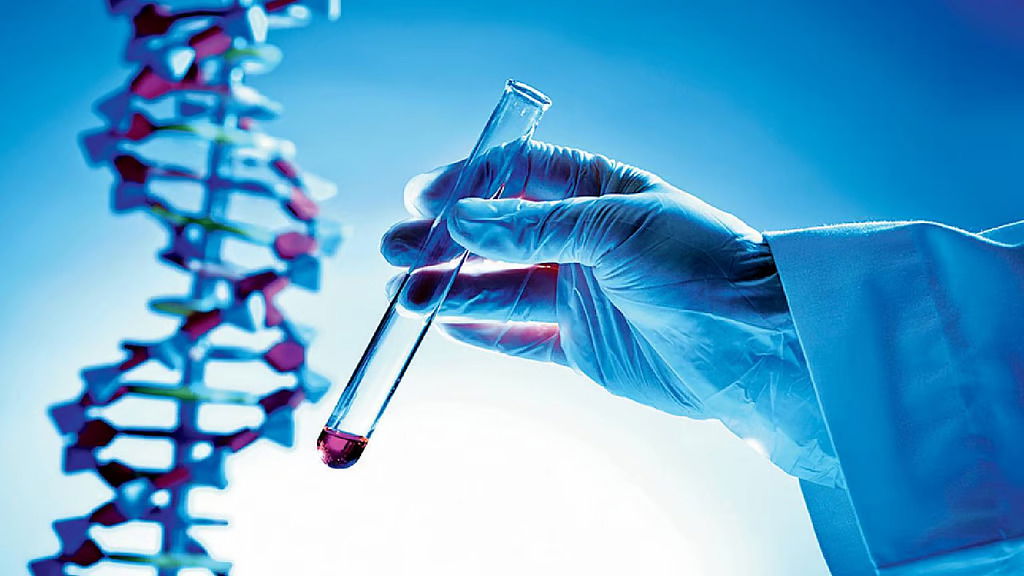Anirban Ghosh
Stem cell therapy is now commonly used in treating various blood disorders. Bone marrow transplantation is also performed. Gene therapy is used in treating many genetic diseases. Plasma therapy was also applied during COVID. Though rare, xenograft treatment experimentally transplants pancreatic cells from other animals into the human pancreas to ensure adequate insulin production. However, the major obstacle for all these advanced treatments remains their enormous cost. Due to a lack of proper government control over these therapies, there is no consistency in treatment across different medical centres. Now the Centre wants to bring all these therapies under one umbrella.
The Ministry of Health has taken the initiative to bring advanced treatment methods like cell therapy, gene therapy, and xenografts under drug licensing laws by labelling them as medicines. Experts believe this is the Centre's step to bring these therapies under central control and curb costs, to utilise biotechnology's continuous development more appropriately in medical science. They have welcomed this central decision.
These new types of therapies have been declared as "new drugs" under the 1940 Drugs and Cosmetics Act. It is hoped that the use of cell and gene therapy will increase, and treatment will become relatively cheaper and more accessible. As a result, in future, before starting such treatments, approval from the Central Drug Standard Control Organisation (CDSCO) will not only be mandatory at every stage of clinical trials, production and marketing, but there will also be continuous monitoring.
Also Read: Are eye drops the 'one-stop solution' for any eye problem? What do doctors say?
This central decision will make it possible to maintain advanced treatment methods like cell and gene therapy used in rare genetic diseases such as haemophilia, cystic fibrosis, thalassemia, several cancers and spinal muscular atrophy within specific frameworks of quality and safety. A senior official from the health ministry says, "These therapies are extremely complex and biotechnology-dependent. Therefore, scientific monitoring is essential to ensure their effectiveness, quality and safety."
Also Read: Mole Day 2025: History, significance and everything you need to know
According to experts, this step will bring India in line with international standards of gene and cell therapy policies. This will increase both transparency in treatment and patient confidence. At the same time, it is also a major encouraging message for domestic research and the biotech industry. Haematologist Sandip Saha says, "Central control is necessary when applying these new therapies to the human body. Because like medicines, these therapies have side effects and adverse reactions. Therefore, quality control is very necessary." According to clinical pharmacology specialist Dr Shamb Samrat Samajdar, "This step is not just administrative reform, it will significantly advance India's clinical pharmacology and biotechnology sector. This will strengthen scientific excellence and patient safety."
Also Read: Post-Diwali smog: Here's few expert-backed workout tips to stay safe in hazardous AQI
However, there are challenges too. The cost of gene therapy is still enormous. In some cases, up to several crores of rupees. Beyond the reach of common people. Therefore, according to experts, "Just creating a regulatory framework will not be enough; without government financial assistance or insurance coverage, making this treatment universal is not possible."











